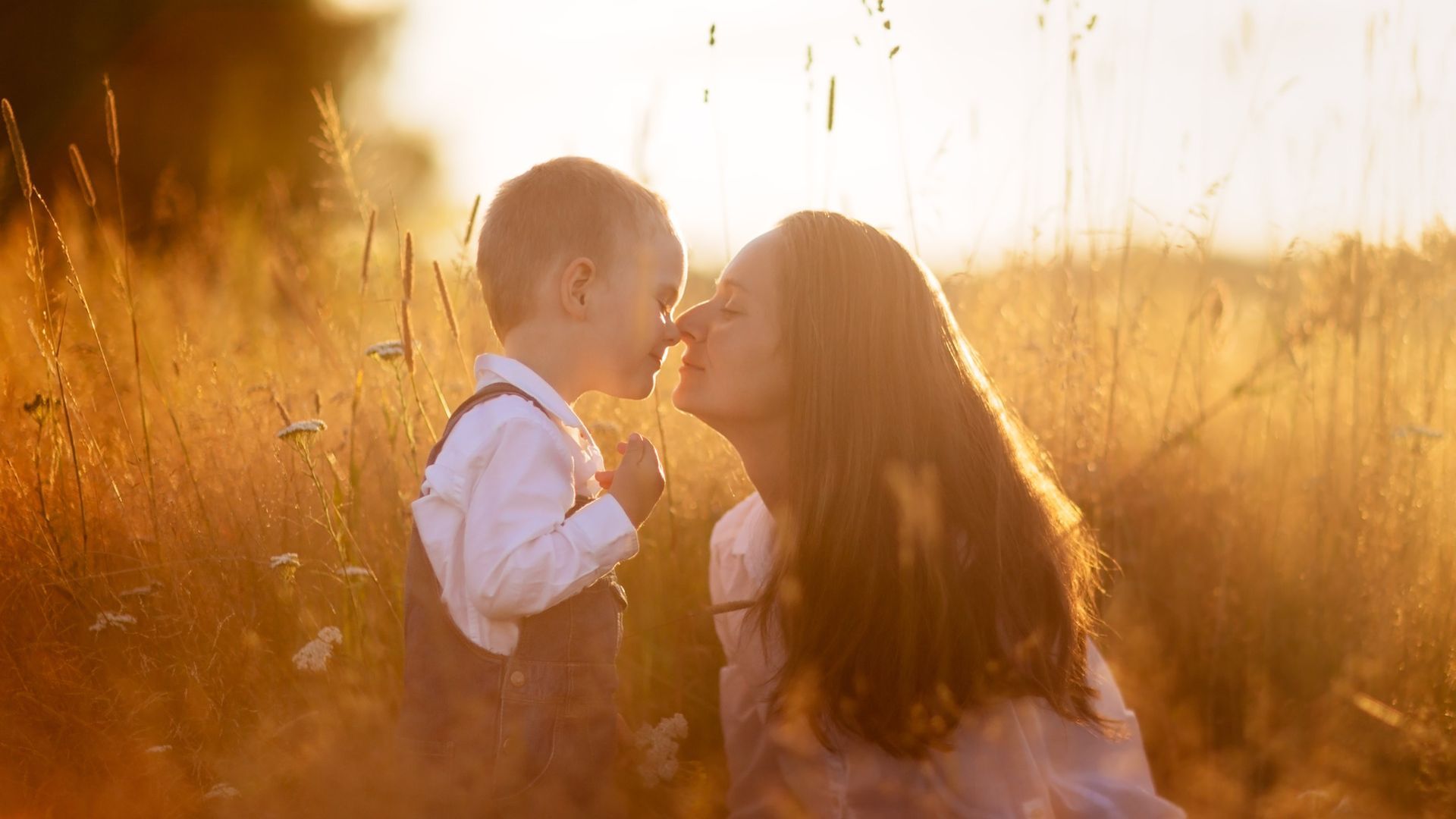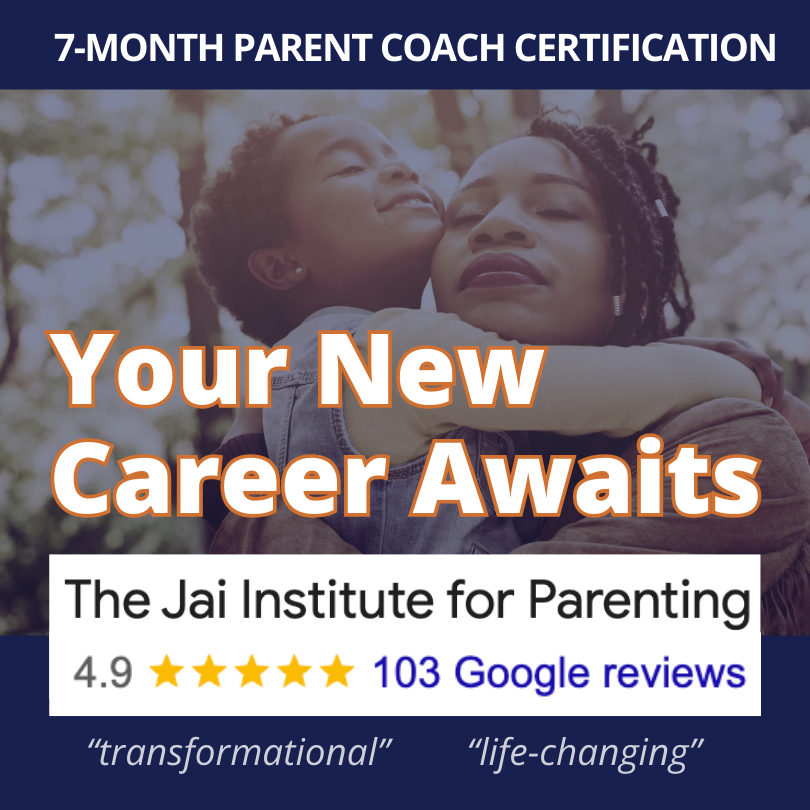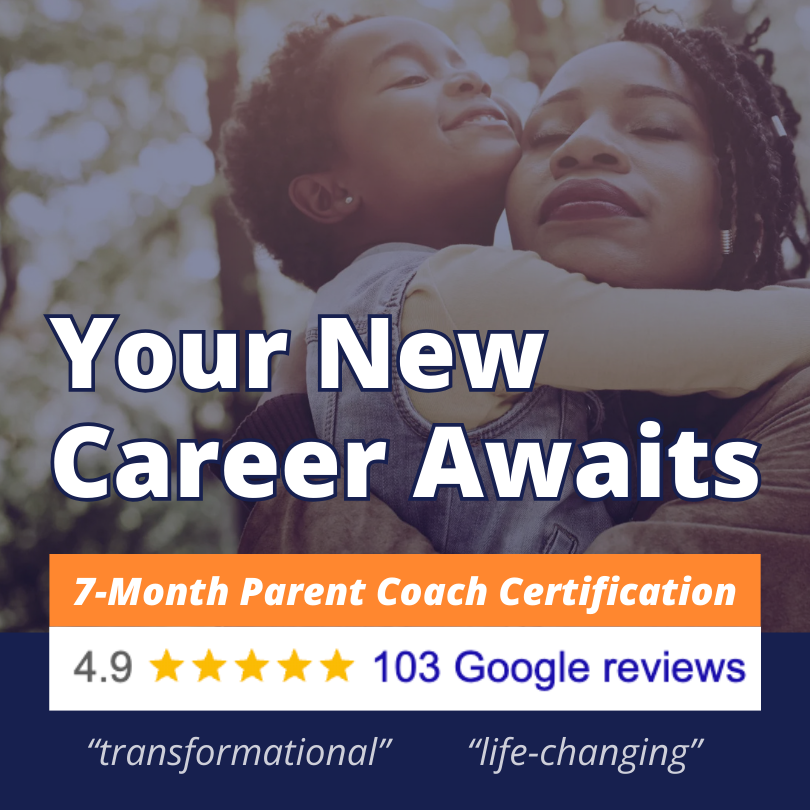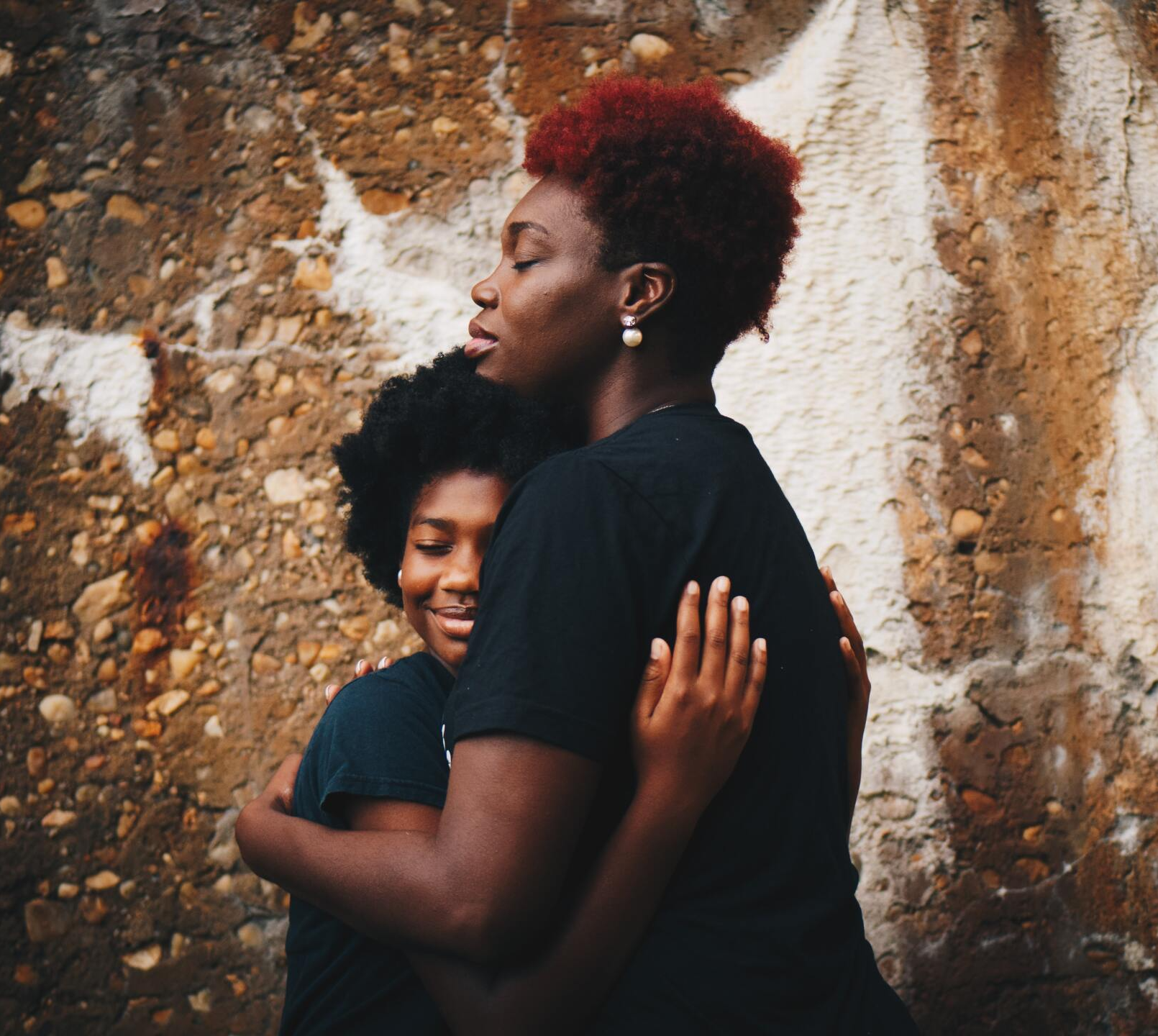Parenting Isn't About Them: How Your Inner Work Changes Everything

Parenting is often seen as a process of shaping and guiding our children, but what if the key to doing that in a way that feels truly aligned with our souls lies within us? Our own emotional history, trauma, and healing play a crucial role in how we interact with and nurture our children.
By doing the inner work to
understand our triggers, fears, and patterns, we can create a more connected, supportive, and loving parenting approach. I sat down with one of our Master Trainers, Marissa Goldenstein, to get her wisdom, experience, and insights on the impact of unresolved trauma, reactive parenting, and generational patterns—and how our own inner work can transform the way we raise our children.
How Does Unresolved Trauma Affect Parenting?
Trauma, broadly defined, is an unseen, overwhelming experience that negatively affects us, one in which we often feel alone. When left unresolved, it manifests in our parenting in subtle yet powerful ways. We may unknowingly repeat the same patterns we experienced as children, reacting to our kids as our caregivers reacted to us. As the saying goes, "Traumatized people traumatize others."
These reactions aren’t malicious; they’re ingrained responses wired into our nervous system. For example, if we were met with dismissal when expressing sadness as children, we may unknowingly dismiss our own child's emotions. Instead of holding space for their feelings, we might instinctively tell them to "move on" or "be strong," not realizing we are repeating the very patterns that once hurt us.
Resolving trauma involves
making sense of our past, recognizing the coping strategies we developed to stay safe, and consciously choosing to respond differently. When we heal, we create a coherent narrative that allows us to parent with intentionality rather than reaction.
What Are the Effects of Reactive Parenting?
Reactive parenting creates reactive adults. When we react to our children out of fear, frustration, or control, we teach them to internalize that same reactivity in their own responses to life. Reactivity stems from our nervous system's fight-flight-or-freeze mode, leading us to use strategies such as blame, shame, punishment, or coercion in our parenting.
This not only instills fear in children but also limits their ability to develop critical thinking, self-regulation, and emotional resilience. When a child experiences a parent's reactive anger or frustration, their nervous system responds in kind, reducing their ability to process emotions effectively. Over time, this weakens attachment and trust, making it harder for them to develop into confident and emotionally healthy individuals.
How Do You Fix Reactive Parenting?
Fixing reactive parenting starts with understanding what’s beneath the reaction. Instead of blaming external circumstances (e.g., "My child is frustrating me"), we need to explore the deeper emotions at play. What fears, insecurities, or past wounds are being triggered? Are we afraid of failing as a parent? Are we worried about our child’s future?
By getting to the core of our emotions, we can align our parenting with our values and intentions. This requires
practicing emotional regulation, expressing our needs in a healthy way, and developing leadership skills that create stability without resorting to reactive control. When we build our capacity for self-awareness and self-regulation, we model these essential skills for our children.
Why Is Breaking Generational Patterns Essential for Raising Emotionally Healthy Children?
For generations, parenting has been shaped by outdated philosophies such as behaviorism (the belief that children should be controlled through punishment and reward) and rationalism (the idea that logic should always override emotions). These approaches have conditioned parents to dismiss feelings and focus solely on behavior modification.
Research now shows that emotional intelligence, self-awareness, and the mind-body connection are essential for long-term well-being.
Breaking generational cycles requires us to reflect on our own upbringing, acknowledge the patterns we inherited, and intentionally shift toward more conscious parenting. This isn’t about blaming past generations; it’s about recognizing what no longer serves us and making space for a more connected, compassionate approach.
How Does Inner Healing Transform Your Parenting Style?
Traditional parenting often takes a "top-down" approach, where parents dictate rules and expect compliance. However, children are highly attuned to incongruence. If we say, "All feelings are welcome here," but struggle internally to accept our own emotions, our children will sense that disconnect.
Inner healing transforms parenting from the inside out. When we process our emotions, recognize our triggers, and cultivate self-awareness, we naturally show up differently. We become more patient, attuned, and creative in our responses. Rather than relying on rigid rules or scripts, we develop an intuitive parenting style rooted in authentic leadership and emotional presence.
Shifting the Focus: From Child’s Behavior to Parent’s Inner Work
It’s natural to want to "fix" our child's behavior, but true transformation happens when we shift our focus inward. A child’s behavior is an expression of underlying emotions, needs, and struggles. By addressing the root causes rather than just managing surface-level actions, we create deeper, more lasting change.
When we focus solely on behavior modification, we risk suppressing rather than addressing the underlying issues. Instead, when we prioritize our own emotional work, we provide our children with a model of self-regulation, resilience, and emotional intelligence. This gives them the tools to navigate challenges with confidence and self-awareness.
The journey of conscious parenting is not an easy path—it requires courage, patience, and a willingness to look inward. But the rewards are profound. By healing ourselves, we create a more nurturing and emotionally attuned environment for our children.
Parenting isn’t just about shaping children—it’s about evolving ourselves. When we do the inner work, we change our parenting and the legacy we leave behind.
To learn more about generational patterns and how to change them, get your FREE copy of our new ebook, Healing Generational Patterns. This transformative guide will take you on a journey of self-discovery and healing, leading you toward creating a brighter future for your children.
Meet Your Author, Katie Owen
Jai Business Coach & Marketing Mentor
As a former practicing therapist turned copywriter and marketing strategist, Katie is passionate about the intersection of marketing and mindset. Katie embodies the practices of taking the simple actions, consistently over time, that create epic results.
A master storyteller, Katie works with our coaches to refine their message, increase their visibility and get clients!
READ MORE:

Curious for more?













